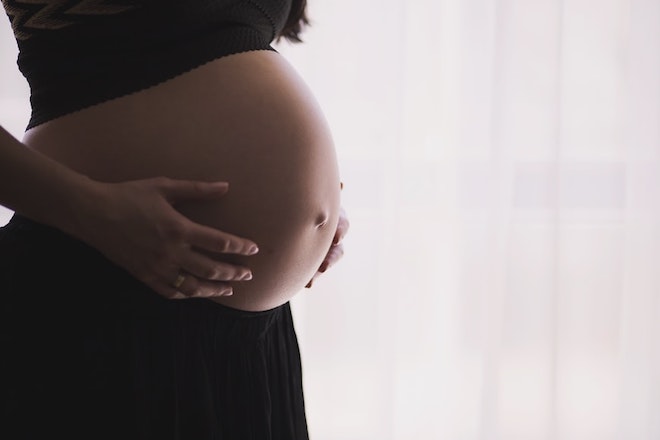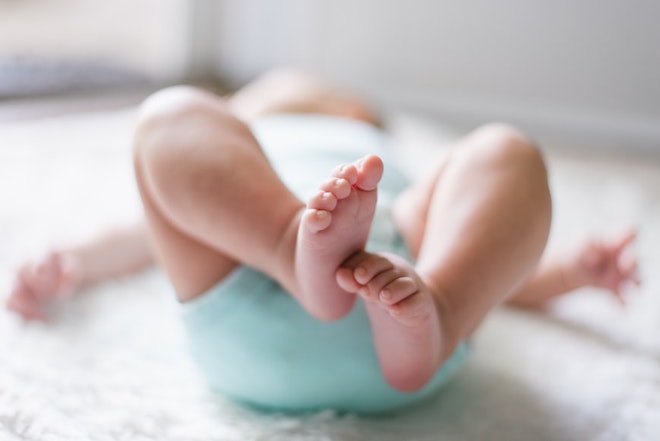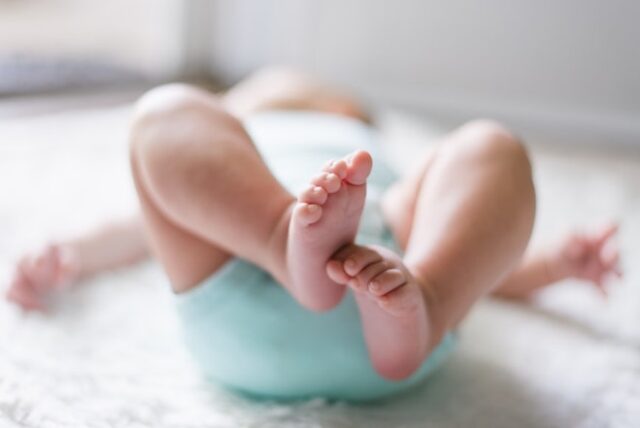How to become a donor and everything you should know about egg donation.
 The data speak for themselves, in Spain Ovodonation has made it possible for many women to realize their dream of becoming mothers. when it seemed impossible. Nowadays, in vitro fertilization represents almost 10% of births in Spain, being the ovodonation what makes it possible. And that, thanks to the assisted reproduction treatments and to the women who choose to donate eggs so that other women can become mothers.
The data speak for themselves, in Spain Ovodonation has made it possible for many women to realize their dream of becoming mothers. when it seemed impossible. Nowadays, in vitro fertilization represents almost 10% of births in Spain, being the ovodonation what makes it possible. And that, thanks to the assisted reproduction treatments and to the women who choose to donate eggs so that other women can become mothers.
The main problem is that women wait longer and longer to make the decision to have a child, the average age of motherhood has been rising progressively over the years, and the more time passes the more difficult it is to get pregnant. Once the decision to become a mother has been made, it is very sad to have to give up having the child that we want so much for fertility problems . The good news is that many times thanks to the altruism of egg donors and the technique of assisted reproduction these women also manage to become mothers . In fact, Spain is one of the European countries with more egg donors and a reference country for assisted reproduction.
It is often said that women do not help each other, but data like this completely disproves it. Egg donation is a very altruistic gesture and more and more women are becoming donors.
Requirements to become an egg donor
To help fulfill other women’s dreams, you have to meet some pretty logical requirements:
- Be between 18 and 34 years old
- Be healthy and free of any sexually transmitted or hereditary disease.
How egg donation works
 We meet the requirements, we want to make this altruistic gesture and help other women so we contact an assisted reproduction center.
We meet the requirements, we want to make this altruistic gesture and help other women so we contact an assisted reproduction center.
First of all, they will make us an interview to get to know each other and explain all the steps . As we have said, one of the requirements to become an egg donor is to be in good health, and this is checked at a complete medical examination by the medical center where the donation will be made.
This medical visit includes a detailed gynecological examination with ultrasound, cytology and culture for the determination of Chlamydiae, a analytical study y un psychological study . These are all tests regulated by law. In fact the entire egg donation process in Spain is authorized and regulated by law. .
After passing the interview and the clinical examinations, if we meet the requirements we will become potential egg donors . From this moment on, according to our characteristics, we are assigned a female recipient in total anonymity that once the process is finished you will receive our eggs.
The next phase is to start with the hormonal treatment . This treatment has a duration of 10/12 days and is given to us by a nurse with all the details about its administration. The hormonal treatment aims to to obtain the more eggs in the same cycle and should be started with the first menstrual period. During the treatment you can lead a normal life and you will have to attend a few check-ups to keep the situation of the ovaries under control.
Once the follicles are mature, they will move on to the egg retrieval phase . In one of the controls it will be detected that the time has come so after 36 hours the puncture will be scheduled.
The puncture is performed in the operating room for greater safety, it leaves no external scars, it is a painless proceso and usually has a duration of 20/30 minutes . It is common that after 2 or 3 hours, after a medical control, we are ready to go home and return to normal life. The first day a relative rest is recommended, let’s say without making much effort.
With that we would have finished the donation process. After a few days, the medical team will contact the donor again for a monitoring and checking its status since it is important that the period returns to normal and the cycles are regularized. In principle, there should be no complications, even after two cycles it is possible to donate eggs again . In Spain the Assisted Reproduction Law allows us to donate eggs up to 6 times.
Everything you need to know about egg donation
 As we have said Egg donation is an act of altruism and generosity towards another woman. who needs our help to become a mother. For egg donation no financial consideration is received The amount of money established by Law 14/2006, of March 14, 2006, is paid in the form of financial compensation for compensation of expenses of travel, physical discomfort and absence from work that may have been caused.
As we have said Egg donation is an act of altruism and generosity towards another woman. who needs our help to become a mother. For egg donation no financial consideration is received The amount of money established by Law 14/2006, of March 14, 2006, is paid in the form of financial compensation for compensation of expenses of travel, physical discomfort and absence from work that may have been caused.
The donation is always anonymous We will never know who has received our eggs, nor will the lucky mother know who her donor has been, and all this is regulated through a contract.
Egg donation does not affect fertility . The eggs that we donate are mostly eggs that we would not use since they would be eliminated with the period. So by donating them we take advantage of something that we would not have used without modifying our natural ovulation cycle.
Side effects and risks of egg donation
Egg donation does not usually involve any risk, since the potential donor is carefully screened beforehand to ensure that there is no risk. In a woman eligible to be a donor the greatest risk may be to suffer a ovarian hyperstimulation which would be controlled by the same medical team of the fertility clinic. Cases such as hemorrhage, vaginal bleeding, genital infections, ovarian torsion, refusal of anesthesia or hymenal tearing are considered to be quite exceptional in this type of process.
As for the side effects the molestias that can be caused by hormone treatment may include similar to those that we have during menstruation. . Some belly bloating, fluid retention and increased sensitivity at best.
Everything you need to buy when you’re about to have a baby
Cosmetics for pregnant women, forbidden ingredients









